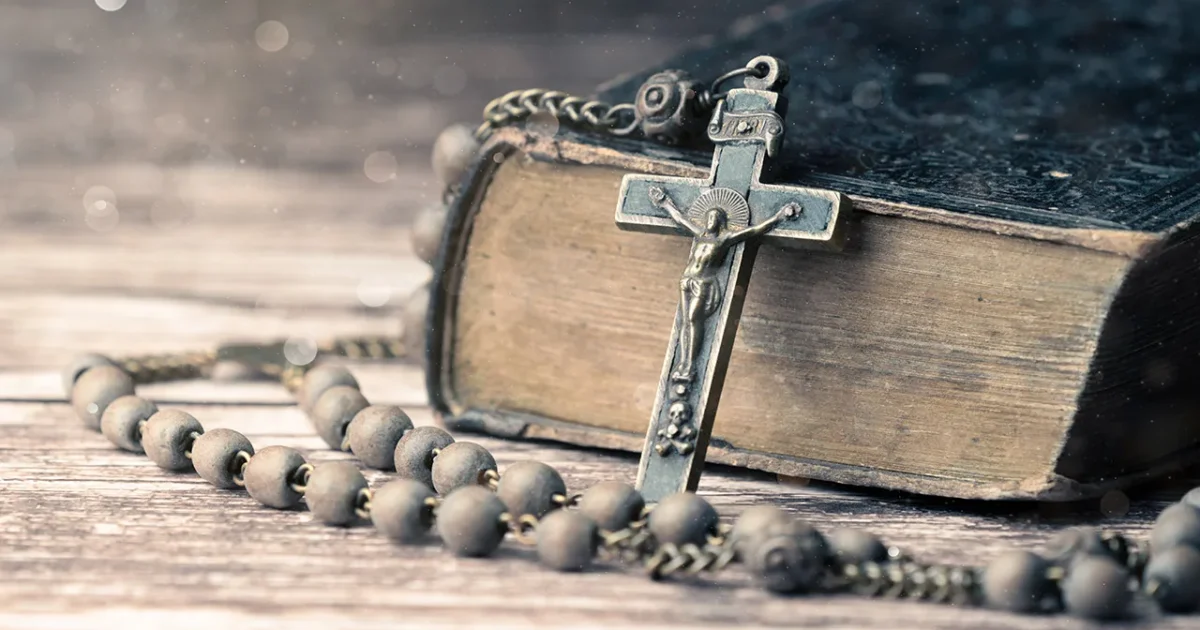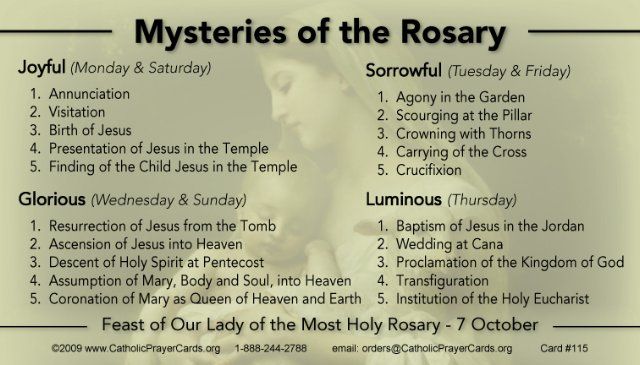The Rosary in Catholic Life in the Diocese
26 June, 2024
Wherever I travelled in the Diocese, the Rosary was a favourite topic of conversation because it was an essential part of everyday life. I gathered stories of how important the recitation of the rosary was in times of community and family crisis or as part of daily life. For example, in the late 1800s, Rockhampton Diocesan priest, Father Dave O’Meara ministered in the west around Blackall. He often camped beside the bullock wagon teams and was surprised at the common practice of reciting the Rosary in the most unlikely of conditions. He noted:
Each night before we retired to rest, all on the road with him (the teamster) had to join in the family Rosary, said under the wagon or under the tarpaulin…
On the Catholic mission on Palm Island in the late 1920s, priests’ visits from the mainland were infrequent. The faith of a small group of Indigenous Catholics was kept alive by two indigenous people, Emily Prior and Louie Banfield who gathered people in ‘Palm’ to say the rosary.
“Righto, rosary time”, were the first words that Emerald’s Marie Reid (McCosker) would hear from her father whenever the family climbed into the car for long or short journeys. She recalled:
We said the rosary every night after dinner. When my father took anyone in the vehicle with him, anyone whether they were the Premier or the dustman, they had to say the rosary along the way. On long journeys from Emerald to Sydney, my mother and the nine children said the fifteen decades of the rosary.
Bernard O’Reilly recalled his father’s prayers when he would walk by himself out to where the horses were tied. There would come the patting of the pockets for matches, tobacco, knife, glasses and rosary beads:
The beads were always in his pocket, even if he was only going up the hill for a hearth log; ‘not for the sake of displaying his religion, but for company he’d tell you’. The rosary beads like the glasses were forever breaking and he was always mending them with bits of fine wire. It was his Dad’s practice if riding at night to say his prayers as he rode, and then he’d be all ready for tea and bed when the destination was reached.
Bernard reminisced that ‘It wasn’t a bad idea, and we still keep it up.’
Many more stories around the recitation of the rosary are woven into the ‘fabric’ of the Rockhampton Diocesan history.


